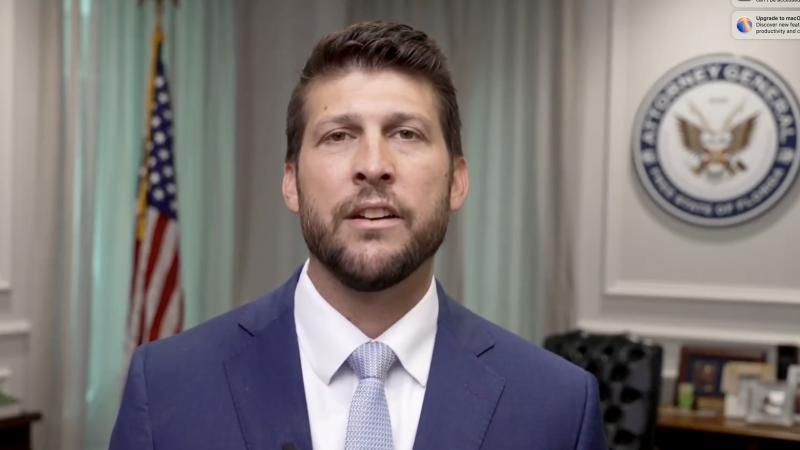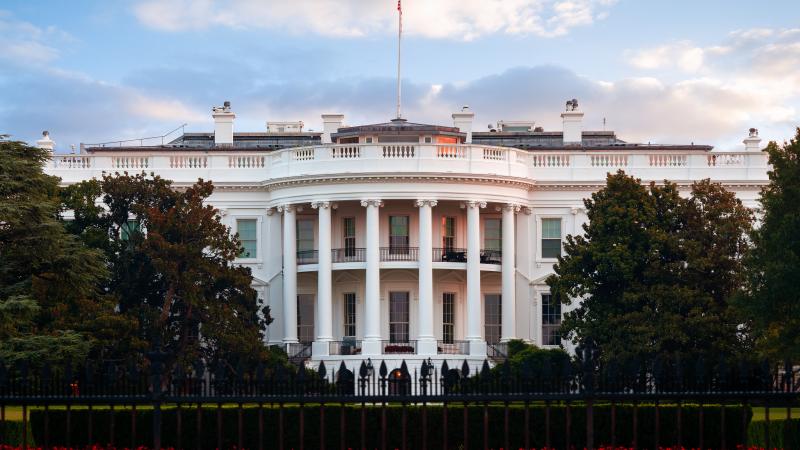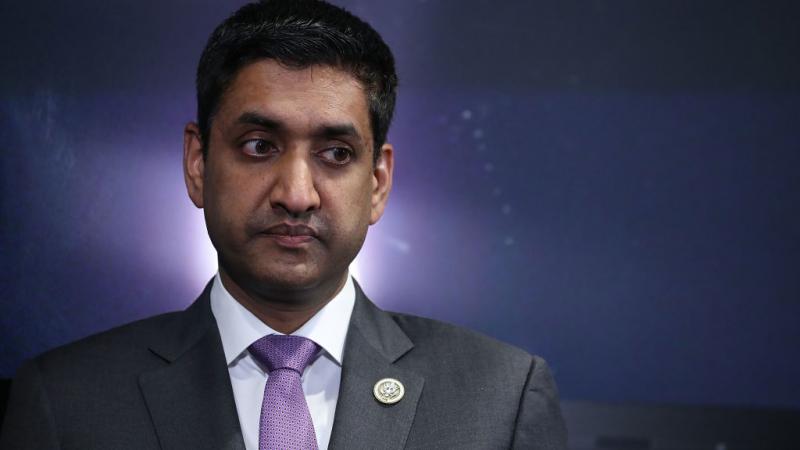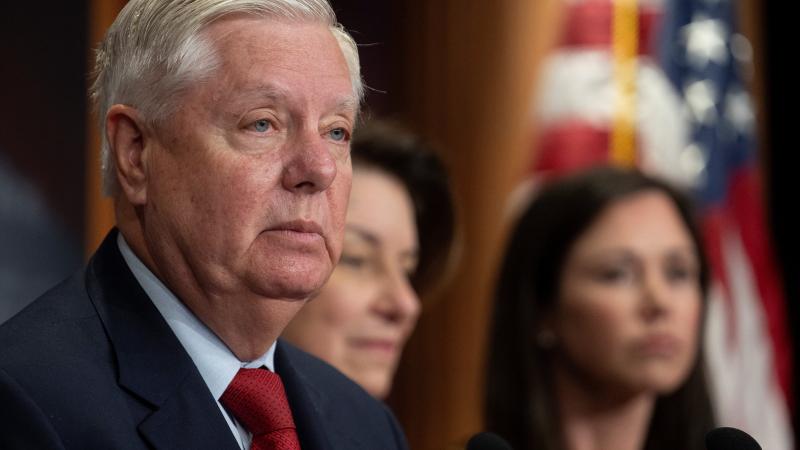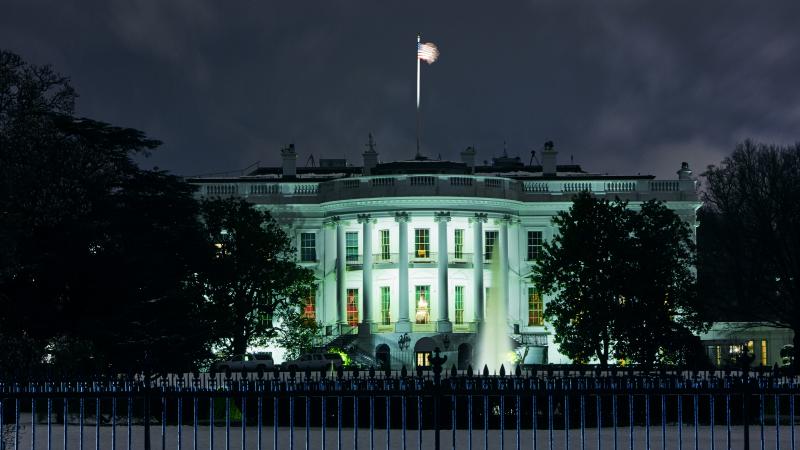Republicans are trying to overhaul the U.S. regulatory system in 2026 funding bill
Republicans are using the high-stakes annual appropriations process to push through legislation that would overhaul the U.S. regulatory system. Sen. Rand Paul, R-Ky., has continuously reintroduced the REINS Act to no effect.
(The Center Square) -
Republicans are using the high-stakes annual appropriations process to push through legislation that would overhaul the U.S. regulatory system.
Tucked inside the 204-page Financial Services and General Government Appropriations Bill for fiscal year 2026 is a provision that would require both chambers of Congress and the president to approve any new major regulations. Currently, regulations made by federal agencies automatically take effect unless Congress specifically disapproves.
A “major” regulation is defined as one that would cost the economy more than $100 million annually; majorly increase prices or restrict consumer choice; or have “significant adverse effects” on innovation, employment, productivity, or market competition.
The provision – known as the Regulations from the Executive in Need of Scrutiny (REINS) Act – has long been a priority for Republican lawmakers wary of unelected officials “having unfettered regulatory power,” as the House Appropriations Committee’s text says.
As of 2024, the Code of Federal Regulations nears 200,000 pages and includes more than one million regulatory restrictions, which Republicans say have stifled economic growth and innovation. A House Oversight Committee report in September found that the Biden administration imposed a cumulative $1.7 trillion in regulatory costs on the U.S. economy.
Sen. Rand Paul, R-Ky., has continuously reintroduced the REINS Act to no effect. By including the measure in one of 12 annual appropriations bills funding federal agencies and programs, the legislation may finally pass. If lawmakers do not pass all 12 appropriations bills by Sept. 30, the government will partially shut down.
But the appropriations bill in question includes several other deregulatory actions as well, making the legislation a tough pill for Democrats to swallow.
Among other things, the legislation defunds the implementation of the Biden administration’s Recreational Off-Highway Vehicles rule and the Safety Standard for Debris Penetration Hazards, both having to do with vehicle emissions standards. The bill also defunds any rules that would amount to banning gas stoves.
Forcing a government shutdown would likely amount to political suicide, but many Democrats, still smarting over the recently passed $9 billion rescissions package, have pledged to do so if Republicans continue to implement President Donald Trump’s agenda.


